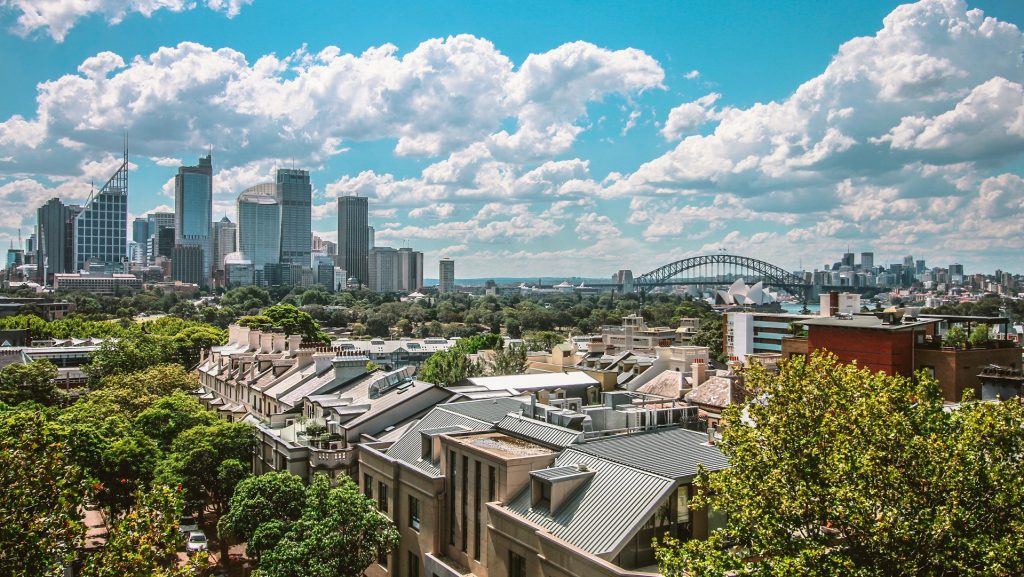Smart home technology can add enormous value to a home, which is particularly important in today’s declining property market.
Australian housing values have declined for the third consecutive month, amid the Coronavirus pandemic, according to CoreLogic’s latest Home Value Index, released on Monday.
National housing values dropped 0.6 percent in July, with Melbourne and Sydney leading the property market downturn, declining by 1.2 percent and 0.9 percent, respectively, over the month.
Brisbane, Perth, Hobart and Darwin, saw a slight drop in property value, falling 0.4 percent, 0.6 percent, 0.2 percent and 0.3 percent respectively over the month. Canberra and Adelaide were the only capital cities to post a rise in dwelling values over the month (up 0.6 percent and 0.1 percent, respectively).
The slump in the housing market comes thanks to higher unemployment, less economic activity and significantly less interest from foreign buyers, with overseas migrations brought to a standstill.
The smart home difference
With lower prices comes a need for sellers to increase their property’s value. Quantify’s CEO, Brett Savill, said home automation is one way to help boost a selling price.
“Having a smart home solution installed into your home is one way to add value, if you’re planning to sell,” Mr Savill said.
According to technology research company, Telsyte’s Managing Director Foad Fadaghi, smart home technology is a big selling point.
“Our studies have shown that one in four Australians would be willing to pay more for a smart home compared to a non-smart home,” Mr Fadaghi said.
“It’s something that most people expect; that ability to switch things on and off remotely is really the bare minimum.”
The same goes for existing properties, where retrofitting homes to make them smart, or “smart-ready”, has become increasingly important in a competitive and declining market.
“If two houses are the same, but one has cabling to every room, has good Wi-Fi across the whole home, has existing smart cameras or the big ticket items like smart energy and solar, then those are the kinds of things that will attract buyers,” Mr Fadaghi said.
Quantify’s CEO believes smart home technology delivers a range of benefits, both monetary, security and comfort wise.
“In the USA, smart homes sell for around 5 percent more and spend less time on the market compared to ‘like’ properties,” Mr Savill said.
“Smart home technology has capacity to add tens of thousands of dollars in value to a home. You’ll get a great return on investment by installing smart home automation, regardless of whether its a new build or retrofit.”
With this in mind, while the overall economic impact of COVID-19 may be bleak, it’s positive to know our technology has the capacity to increase the value of a home in the housing market slump.
If you’re interested in finding out more about Quantify’s smart home solution, get in touch with one of our distributors or installers near you. They can help you find a solution that fits your vision and budget.